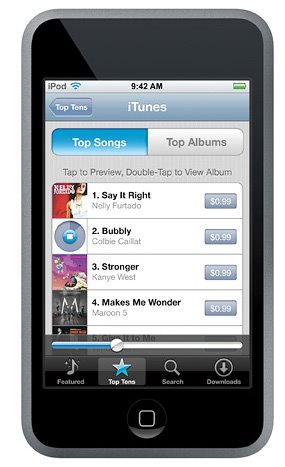Do you have a Smartphone? Do you use it to browse the web? Do you get your email on your phone? If you answered yes to either of these questions, you are susceptible to phone phishing. According to an article published by Lookout Mobile Security, “In the last 6 months alone there were more than one hundred thousand phishing attacks targeting frequently visited social networking sites like Facebook, banking sites, government agencies and donation websites. Large scale data breaches from companies like online gaming to hotels and even major financial institutions have resulted in the anticipation of even more phishing attacks to come.” What’s the latest target? If you guessed the tiny PC you carry around in your pocket—your Smartphone, you are right. How does phishing work? The attackers send you an email that asks you to update information about your secure account (like your bank account, email account, or PayPal). Once you click on the link and go to the web browser, it looks almost exactly like the legitimate account site. I say “almost” because if you look closely, you will see some little tiny discrepancy like a misspelling (PAYPAI instead of PAYPAL). The website will have places for you to enter your account name and password. Once you click send, it goes to the attackers and not to your bank or legitimate site. And then you are toast! Access to your private data has been breached.
Phishing is more common than you think. According to Lookout’s article, 1% of Facebook users have been hacked. While that may not seem like a big deal, it turns out to be more than 5 million users. The 3 biggest ways to be hacked are false emails regarding Government Taxes or IRS, Charitable Donations like donating to the Japanese Earthquake Fund, and various Social Networking Sites. As far
IRS requests, the IRS never sends email. They always send requests via the USPS mail (snail mail). If you are interested in donating to charitable foundations or funds, remember that legitimate charities do not ask for your personal information like pin number, date of birth or driver’s license number. Scams on social networking sites like Facebook, Twitter and LinkedIn can target your contacts, steal your information or even steal your identity.
How can you avoid these phishing attacks? The best way of course is to never click on a link in an email, even if the email is from a friend you trust. (Their account may have been hacked and will send you to a bad link.) If you do click on the link, never fill out any information. Just close the browser and leave the site. There are anti-virus and anti-malware software programs you can download for your PC. Additionally there are security apps that you can download and install on your phone that will warn you if a site isn’t legitimate or is suspicious.
Have you been hacked or had your identity stolen? If your email has been compromised and a false email supposedly from you has been sent out to all your contacts, the very first thing to do is change your email password. Make it a strong password with some capital letters and numbers in it. Then email all of your contacts and explain you have been hacked and to ignore any emails that ask you to click on a link or send you money. As for malware, download a good software program to scan your system and eliminate the malware. Then keep your fingers crossed. If you have inadvertently given your bank account information out, call your bank and have the access changed.







0 comments:
Post a Comment